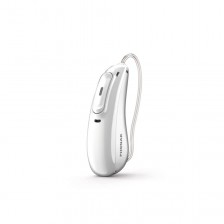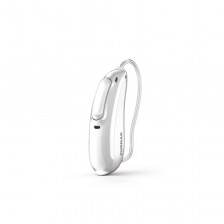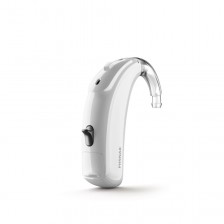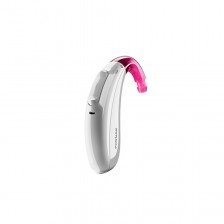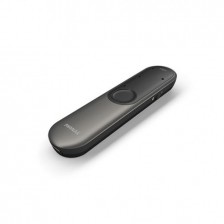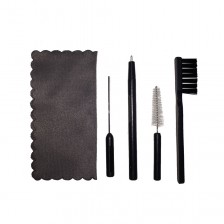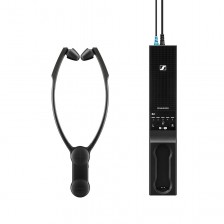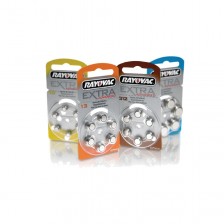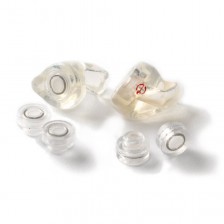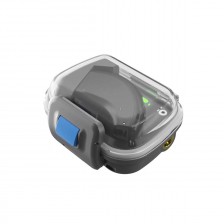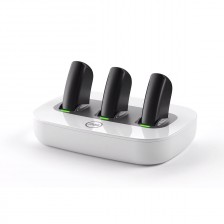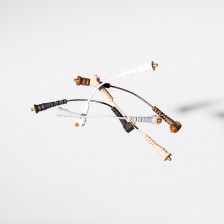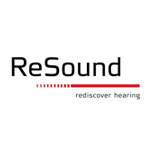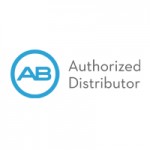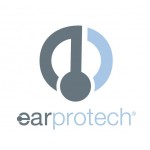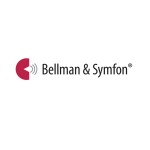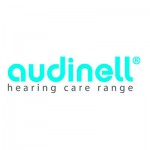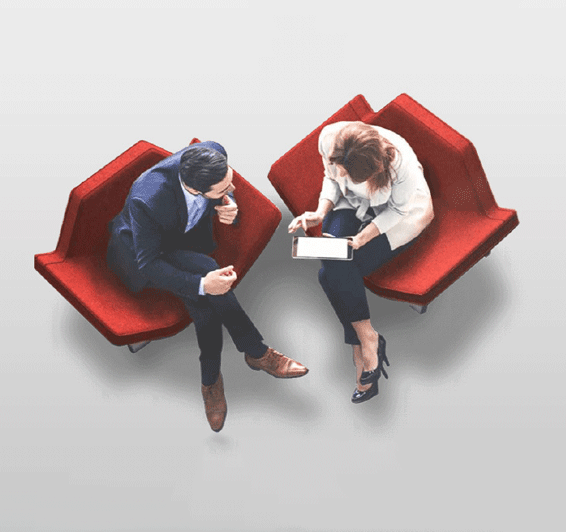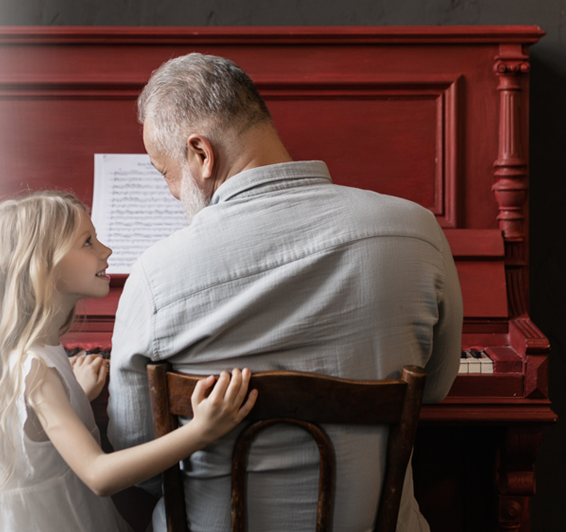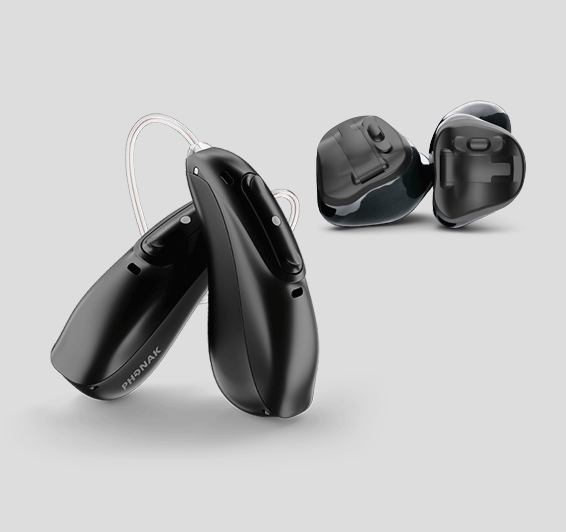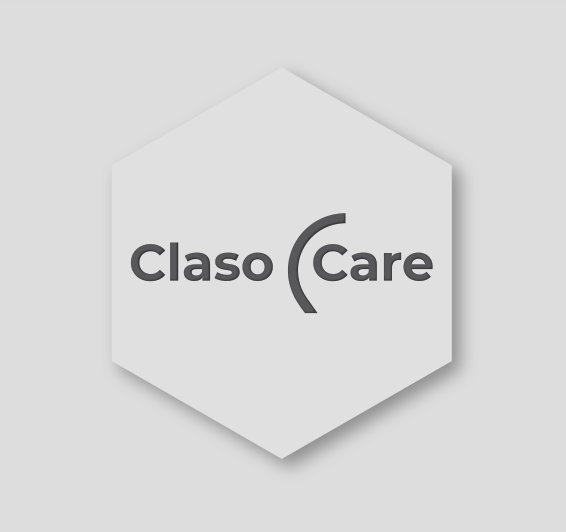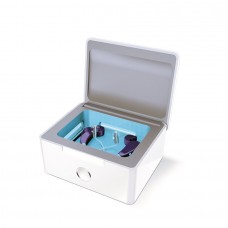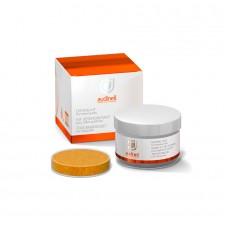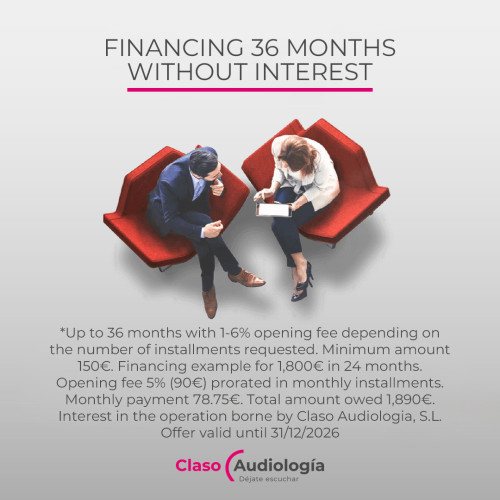Can hearing aids get wet?

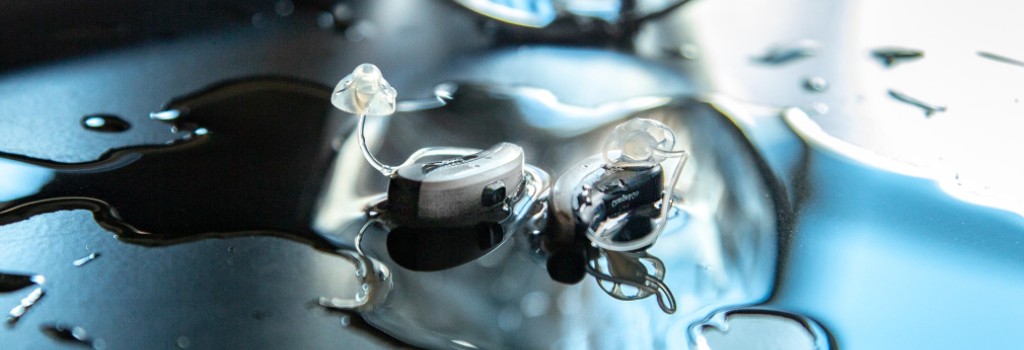
Some hearing aid users tell us that they want a manufacturer to launch a model with which they can swim. Unfortunately, we always have to tell you that it is something that will take time to achieve. On the other hand, people who buy hearing aids for the first time often ask us if they can get wet. The short answer would be NO although in reality it would be a NO but with nuances. Next, we will explain how hearing aids are related to humidity.
Hearing aids are endurance tested
The design of a new hearing aid model involves a series of new hearing-oriented technologies that are tried and tested to ensure the best result. What is not so obvious is that these new models also endure a large number of tests to verify their merely physical resistance. Manufacturers are continually trying to improve the durability of their appliances, as well as the ability to withstand the most extreme environments. In this way, each hearing aid model is classified according to a degree of IP protection, which is a scale established by official international regulations. Most hearing aids are rated IP68. This number indicates that it is resistant to dust but… what does it imply regarding water?
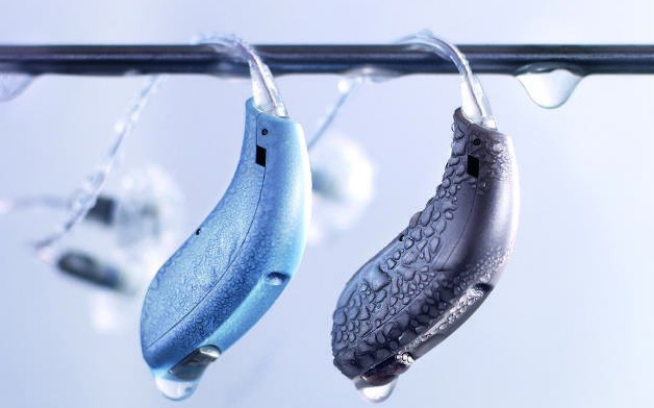
Do my hearing aids get along with the water?
As a general rule, a hearing aid should not get wet. This statement should be viewed from the perspective that they should not be submerged in water or that, for example, we should not get into the shower with them. Even so, they do support certain situations where water is very present. For example, if it starts to rain and we are not carrying an umbrella, it is not necessary to run off the Hearing aids. It would only be worrisome in the event of a torrential rain. There would be no problem if they were accidentally splashed with water, as long as it dries right afterwards. Basically the limitation is that no water gets inside the hearing aid.
Hearing aids in humid environments
Before we discussed the relationship between hearing aids and water, but another factor to take into account is that of humidity. If this is maintained over time, it can end up affecting the internal electronics of the hearing aid or some of its physical parts, such as the elbow in the BTE type, without really any drop of water entering its interior. And what do we understand by humidity maintained over time? An example would be living in a particularly humid climate. Another typical example would be that of a person who regularly sweats a lot, either due to his own metabolism or because he practices sports every day. We know that, at first glance, this seems like a difficult problem to solve but nothing could be further from the truth.
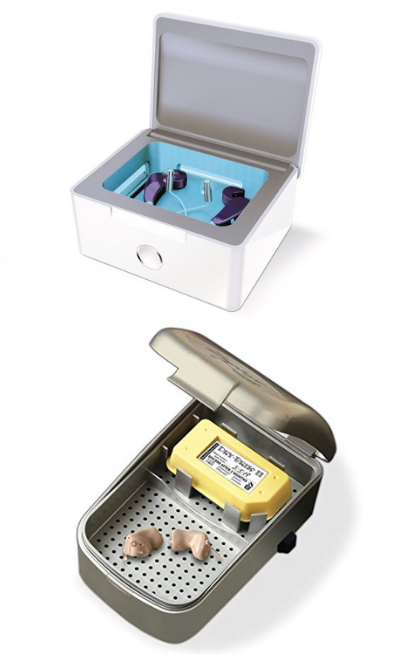
How to combat humidity
In cases similar to the ones we have discussed, the best thing to do is prevent moisture from accumulating in your hearing aids. To achieve this, there are dehumidifying devices specially designed for hearing aids. All you have to do is put them inside periodically and the moisture will disappear from inside. Depending on the case, it will be advisable to do it more or less regularly. For example, a very sweaty person should use it almost every day in the summer period to ensure that they are not damaged.
Within the world of dehumidifiers, there are them for all tastes:
- The simplest are based on a container with a drying tablet that must be renewed periodically. The time to achieve an effective drying is usually longer but on the other hand they do not need any kind of power supply. An example would be the Audinell drying set.
- Then we would find dehumidifiers that are also based on the use of drying tablets but that also apply heat. Its drying cycle is similar to the previous ones, but they also serve to disinfect your hearing aids. An example would be the Zephyr from Dry & Store.
- Lastly, the most modern have left drying tablets behind and, using a combination of ultraviolet light and hot air, dry and disinfect your hearing aids in much less time than previous systems. There are desktop ones, like the Perfect Dry Lux, or portable to take them wherever you want, like the Hadeo Dry mini UV.
We hope we were able to clarify you a bit about the relationship between hearing aids and humidity. As you can see, hearing aids must be cared for to avoid possible complications in their operation. At Claso, we will advise you on how to take care of them, either with regard to humidity or any other issue related to their maintenance. And yes, we too are wishing for a fully submersible hearing aid.
